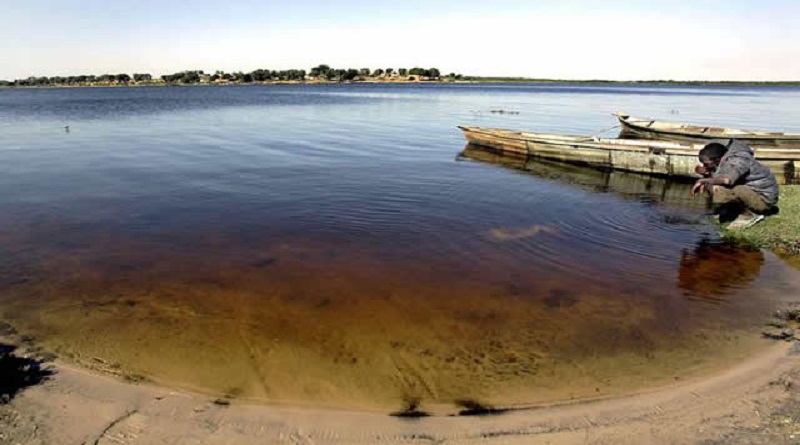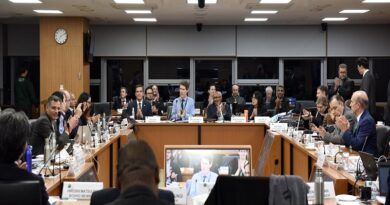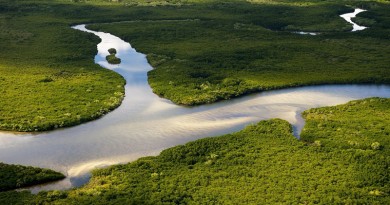Lake Chad recharge: Nigeria to consider alternative to inter basin transfer
The Federal Government of Nigeria is to seek alternative to its planned recharge of the Lake Chad basin through inter basin water transfer from Congo basin, a project that has been estimated to cost about $15 billion.
The decision of the government to seek an alternative to save the basin is due to the high cost of the inter basin water transfer which a feasibility study had shown would cost about $15 billion to complete.
Minister of Water Resources Engr. Suleiman Adamu disclosed this during a twitter chat with social media influencers and other Nigerians.
According to available reports, the basin had lost over 90 per cent of its surface area in the last 30 years and would cost require Public Private funding to the tune of $15bn to execute, Minister of Foreign Affairs, Mr. Geoffrey Onyeama, disclosed in 2016 after a regional summit in Abuja.
However, responding to question asked by Nigerians on tweeter using the hashtag: #ASKHMWATERRESOURCES, the Minister of Water Resources said that the project would be difficult to fund.
He said that the Ministry would be organising an International Conference before 2017 end, to seek an alternative and cheaper solution to address the shrinking of the Lake Chad.
“Lake Chad shrinking is a direct consequence of the insurgency in the North East because people no longer use the water.
“We would be organising an International conference before the end of the year to discuss the shrinking of the Lake and the option available to us to restore the basin.
“We don’t want to be straight jacketed, maybe the conference will give us a better alternative than the inter basin transfer.
“After the conference, we will be able to confirm the best, cheaper and more sustainable option.
“The shrinkage is a very serious problem and we can never know what is going to happen along the line. There is also evaporation and desertification as well,” he said.
Speaking to questions about dam management in Nigeria, the Minister said that the ministry had moved away from previous practices where proper feasibility study was not conducted before dams are cited and constructed.
He said that many dams in Nigeria are outliving their life spans even though they had not been put to proper use.
He added that it would be cheaper to construct new dams than to manage some of the old dams that have out lived their life spans.
“We have not been serious about dam safety, protocol and inspection.
“Henceforth every dam must be properly planned and environmental impact assessment conducted before construction because this has caused a lot of problems.
“Our dams are relatively safe but we must have to be inspecting them.
“Like every other structure, dams have a life span. We have built many dams but have not put them to proper use.
“Many people say we should dredge the dam but it is very expensive and we also have the problem of where to deposit the silt from the dams after dredging.
“So what we need to do is water shed management which is covered in the National Water Resources Law now before the National Assembly.
“With this law, we can police our water batter,” he said.
The minister added that part of what the ministry was planning was to build the industrial base of Nigeria so that the nation would not be fully dependent on importation for water equipment.
He added that a department in the ministry was currently assessing all imported materials to ensure that “we do not procure materials or treatment materials not suitable for our environment.




